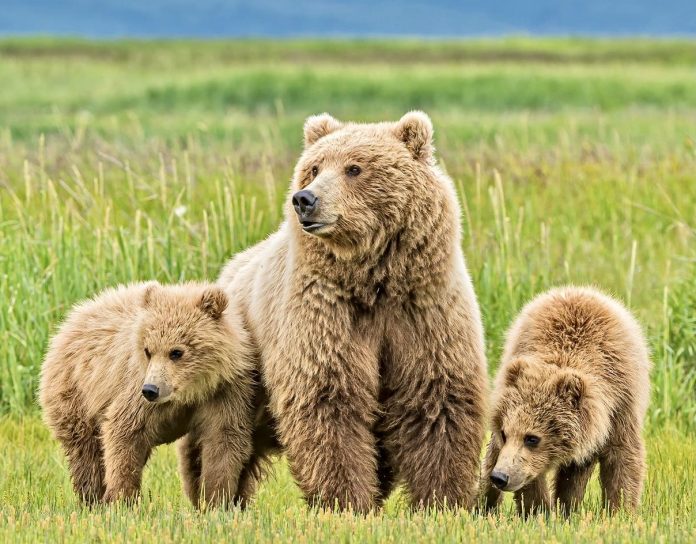
Victory For Wildlife: National Park Service Restores Ban On Bear Baiting In Alaska
You can help all animals and our planet by choosing compassion on your plate and in your glass. #GoVeg
RELATED ARTICLES
South Africa’s Big Cat Industry: A Global Trade Of Extreme Cruelty & Exploitation
South Africa is the world’s leading exporter of big cats and their body parts, with over 3,500 live animals and 34,000 body parts exported...
Victory For Dolphins! Belgium To Become 7th Country To Enact Permanent Ban On Dolphinariums
In a major victory for animal welfare, Flemish Minister for Animal Welfare, Ben Weyts, announced this week that Flanders, Belgium, will implement a permanent...
Peace 4 Animals’ Debuts Gripping Trailer To Their Latest Documentary ‘Protectors of the Wild’
We are excited to unveil the trailer for Peace 4 Animals’ upcoming documentary, Protectors of the Wild. This powerful film aims to raise critical...
Popular stories
News
Four Dolphins That Became Stranded In Provincetown, Massachusetts, Were Released Back Into The Wild
Photos from IFAW
Four dolphins were released back into the wild last week in Provincetown, MA, following 24-hours of tracking along the coast and eventual stranding...
News
Trial Begins Today For The Controversial Case Against DXE’s Wayne Hsiung & Paul Darwin Picklesimer Who Rescued Two Sick Piglets From Slaughter
Over 100 supporters have shown up in Washington County, Utah, for day one of what animal advocates say could be a landmark case to establish...
International News
Miyoko’s Creamery Founder Helps Fly Dog Meat Trade Survivor From Seoul To Her New Forever Home In San Francisco; More Volunteers Needed!
Miyoko Schinner, the Founder and CEO of Miyoko’s Creamery, has stepped up to support In Defense of Animals and its partner Jindo Love...


